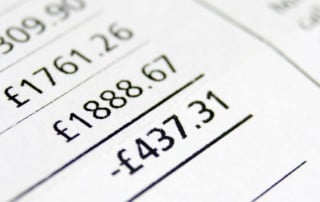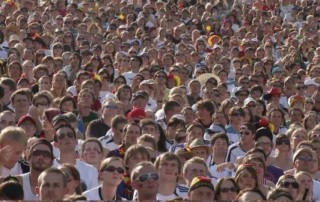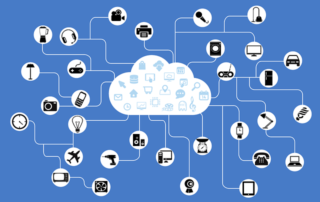Supporting Decision-Making under Uncertainty: Nudging, Boosting or Both?
Heuristics play an important role in daily judgments and decision-making, but a scientific debate has been ongoing as to whether heuristics result in systematic errors or make us smarter. Both approaches have resulted in tools to support decision-making. Nudges address systematic errors and biases, while boosts support informed decision-making under uncertainty. But can these two opposing approaches be integrated into one framework?










